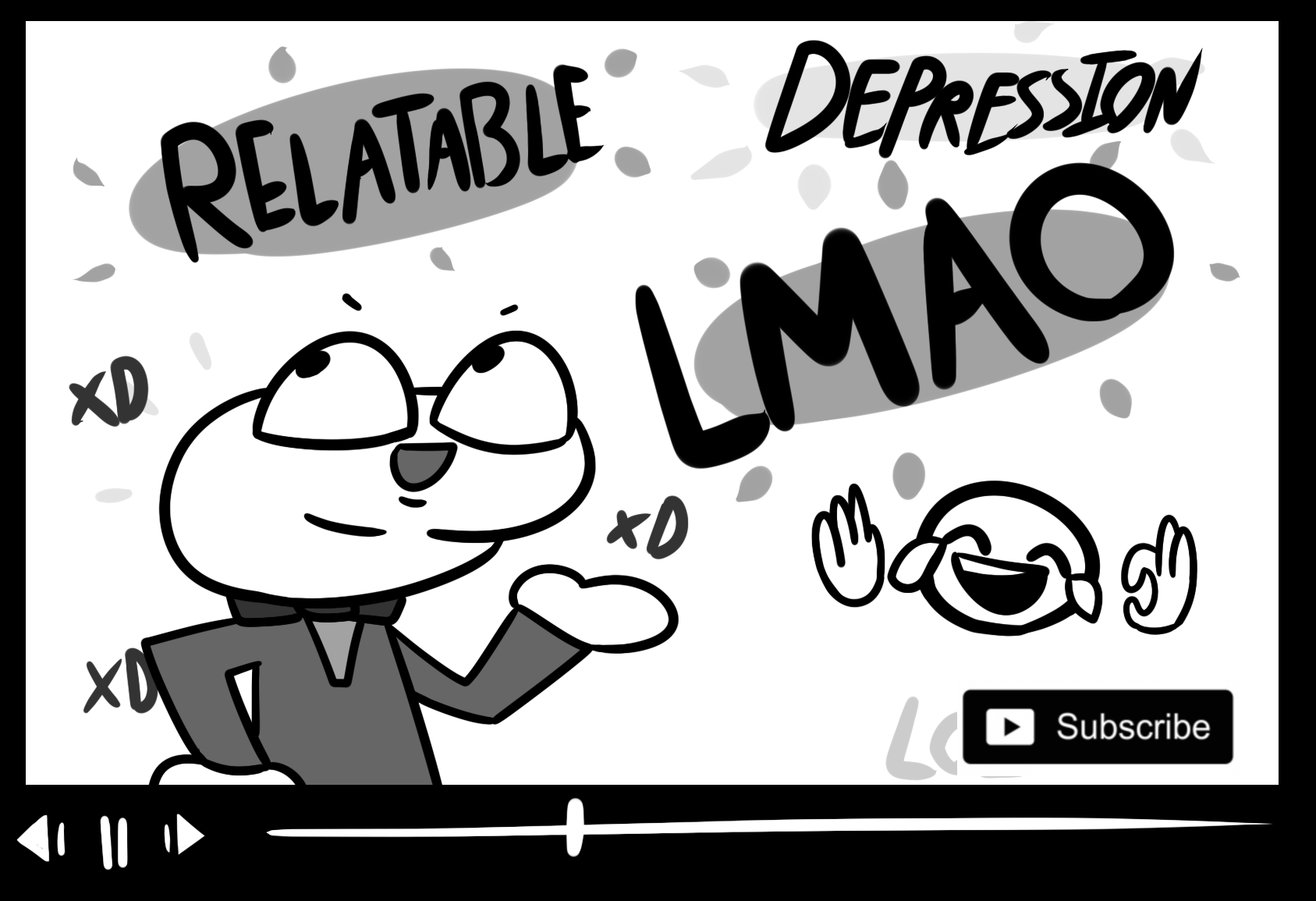
Pop culture romanticizes mental illness
With the establishment of “quirky” influencers on social media platforms, suffering from a mental illness has become an eccentric trait. Many influencers exploit mental illnesses to appeal to their young audience for comedic or aesthetic effect. However, mental illnesses do not make someone cool or relatable—they are disorders that affect your mood, behavior, and judgment for long periods of time.
Some people take advantage of the available social media platforms and thrive off of attention from posting about their feelings online. Thus, we become increasingly desensitized to the actual symptoms and severity of mental illnesses. Due to the increased romanticization of mental illness in our society, some individuals find themselves falsely expressing that they have depression or anxiety. Mental disorders such as depression, anxiety, attention-deficit/hyperactivity disorder, and bipolar disorder have become more glamorized in our society, especially among adolescents. Those who are actually affected by mental illnesses tend to not spell it out in shining lights, often because they want to be known for more than something that holds them back.
Mental illnesses are even marketed on merchandise such as clothing, which downplays the seriousness and attention individuals with clinically diagnosed mental illnesses deserve. Mental illness is not trendy or something to rep on a hoodie, like with YouTube influencer Corinna Kopf’s merchandise, in which the definition of anxiety is plastered on an article of clothing. Though cases like this are just beginning to pop up among sellers, the idea of a brand claiming mental illness as its property is repulsive.
Generally speaking, many adolescents find mentioning mental illnesses to be humorous and light-hearted fun. Countless memes have been shared on this same topic, whether it be someone claiming to have depression after failing an exam. This kind of humor is common among modern friend groups, which may make many people oblivious to the damage it actually deals to the overall scope of mental health. Though it may seem to be harmless, this kind of humor is contributing to the idea that mental illness is a joke, but mental illness should not be treated as a joke. Although humor is often a way for those affected by mental illness to cope, there is a certain extent where that humor crosses a line that makes it inappropriate.
With so many mental illnesses intertwined in our pop culture, it would be unrealistic to ask the human race to stop romanticizing mental illness. Of course, it is normal and expected for feelings of sadness and occasional moments of anxiousness to arise in our everyday lives. If you feel that you may genuinely be suffering from a mental illness, then a visit to a local physician or mental health expert is highly recommended, but self-diagnosis is problematic and ineffective. Our words have a larger impact on others than we realize. Rather than exaggerating, the way we express our emotions and feelings should be more carefully thought-through.